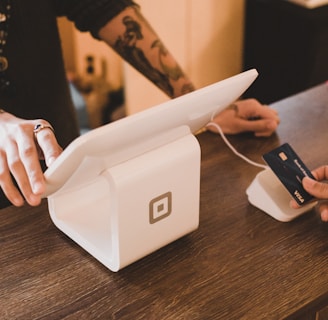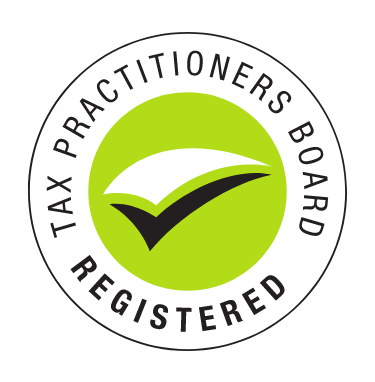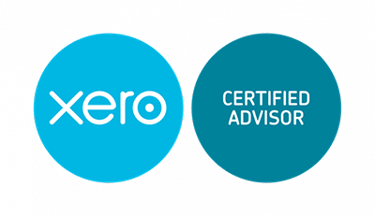The RBA Card Surcharge Ban: A Game-Changer Coming to Your Wallet
The RBA card surcharge ban is coming. Find out what this major payment reform means for you and how it could save Aussies $1.2 billion.


Those pesky card surcharges that can make your blood boil when you grab a coffee might finally be on their way out. The Reserve Bank of Australia has just unveiled a proposal that could shake up how we pay for pretty much everything. And honestly? It's about bloody time.
What's the Big Deal?
Here's the scoop: the RBA wants to ban surcharges on debit and credit card payments across the board. You heard that right—those extra fees you get hit with when paying with EFTPOS, Mastercard, or Visa could be history by July 2026. No more of that "Oh, by the way, there's a 1.5% surcharge" nonsense at the checkout!
But wait, there's more. This isn't just about getting rid of surcharges—it's a complete overhaul of how card payments work in Australia.
Why Now? The Cash Conundrum
Let's be real here—when was the last time you actually used cash? If you're like most Aussies, it was probably ages ago. Cash usage has plummeted to just 13% of transactions (RBA Payment Systems Board Annual Report 2024), which means those surcharges—originally meant to nudge us toward "cheaper" payment methods—are no longer fit for purpose.
The RBA's basically saying, "Look, this system's broken. Surcharges aren't changing anyone's behavior—they're just annoying everyone and making life more complicated." Can't argue with that logic!
Here's what's driving this shake-up:
Surcharges have lost their purpose: They were meant to encourage cash use, but who carries cash these days?
Transparency matters: People want to know the real price upfront, not get hit with surprise fees.
It's costing us big time: Australians fork out about $1.2 billion annually in card surcharges (RBA Consultation Paper, July 2025).
The Money Talk: What's in Your Pocket?
So, what's the bottom line for your wallet? The RBA reckons the average card-using adult could save around $60 per year once these surcharges disappear. Not exactly life-changing money, but hey—sixty bucks is sixty bucks! That's a decent night out or a few weeks of coffee without the sting of extra fees.
But here's the trade-off. Some businesses might bump up their advertised prices slightly to cover card costs, but the RBA expects it to be minimal—about a 0.1% increase overall. So instead of paying $4.50 plus a 15-cent surcharge for your flat white, you might just pay $4.55 upfront. No surprises, no mental arithmetic at the register.
The Business Side of Things
The Winners About 90% of small businesses don't currently surcharge, and they're set to be the big winners here. Why? Because the RBA's also planning to:
Cap and reduce interchange fees (the fees businesses pay to banks for processing cards)
Save businesses another $1.2 billion annually
Force card networks to publish their fees, making it easier to shop around
The Adjusters That leaves about 10% of small businesses who do surcharge. These folks will need to either absorb the costs or tweak their pricing. It's not ideal for them, but let's face it—most customers hate surcharges anyway, so this might actually improve customer satisfaction. This shift in satisfaction could be crucial, as the new landscape will also change the game for the payment providers they rely on.
What About Payment Providers?
This is where things get tricky for payment providers like Stripe, Square, and other fintech darlings. They're facing a unique set of challenges and opportunities:
The Challenges
Lost revenue streams: No more facilitating surcharges for merchants
Compliance costs: About $25 million industry-wide to update systems
Increased transparency: They'll have to publish their fee structures
Merchant retention worries: Some clients might not be happy about absorbing costs
The Opportunities
More card usage: Without surcharges, people might use cards even more
Innovation pressure: They'll need to compete on service and value, not just surcharge capability
Market consolidation: Smaller players might struggle, leaving more room for the big guys
Think of it this way: if you're a café in Cloverdale using Stripe and currently adding that 1.5% surcharge, you'll need to either eat the cost or raise your prices. Stripe, meanwhile, will need to sweeten the deal somehow—maybe lower fees, better analytics, or killer customer service—to keep you happy.
Have Your Say!
Here's the cool part—you can actually influence this decision. The RBA isn't just imposing this from on high; they genuinely want to hear from everyone. And I mean everyone—not just big corporations or industry insiders.
Key Details:
Consultation deadline: August 26, 2025
Who can participate: Anyone with an opinion (that's you!)
How to submit: Email rbainfo@rba.gov.au or call +61 2 9551 8111
Whether you're a consumer sick of surprise fees, a small business owner worried about costs, or someone in the payments industry, your voice matters. The RBA will use all this feedback to finalize the rules by the end of 2025.
The Road Ahead
If everything goes to plan, we'll see these changes roll out from July 2026. That gives businesses over a year to adapt, which seems pretty reasonable.
But here's the thing—this isn't just about Australia going rogue. We're actually following global trends toward simpler, more transparent payment systems. The question isn't really whether this will happen, but how smoothly the transition will go.
The Bottom Line
This proposed surcharge ban represents a massive shift in how we think about payments. Sure, there'll be some growing pains, and not everyone will be thrilled. But at the end of the day, most Aussies will benefit from clearer pricing and lower overall costs.
The real winners? Consumers who'll no longer face nasty surprises at checkout, and the 90% of small businesses that don't currently surcharge but will benefit from lower processing fees. The payment industry will need to adapt, but honestly, a bit of disruption might be exactly what we need to drive innovation and better service.
So next time you're standing at a café register and see that surcharge notice, remember—these might be some of the last times you'll encounter this particular frustration. And if you've got strong feelings about it either way, don't forget to tell the RBA before August 26. After all, this is your payment system they're redesigning!
Connect
Your trusted partner in Australian accounting services.
Empower Your Financial Decisions
© 2025. PROSPERITY ACCOUNTING & CONSULTING | Liability limited by a scheme approved under Professional Standards Legislation.
Accreditations & Partners












